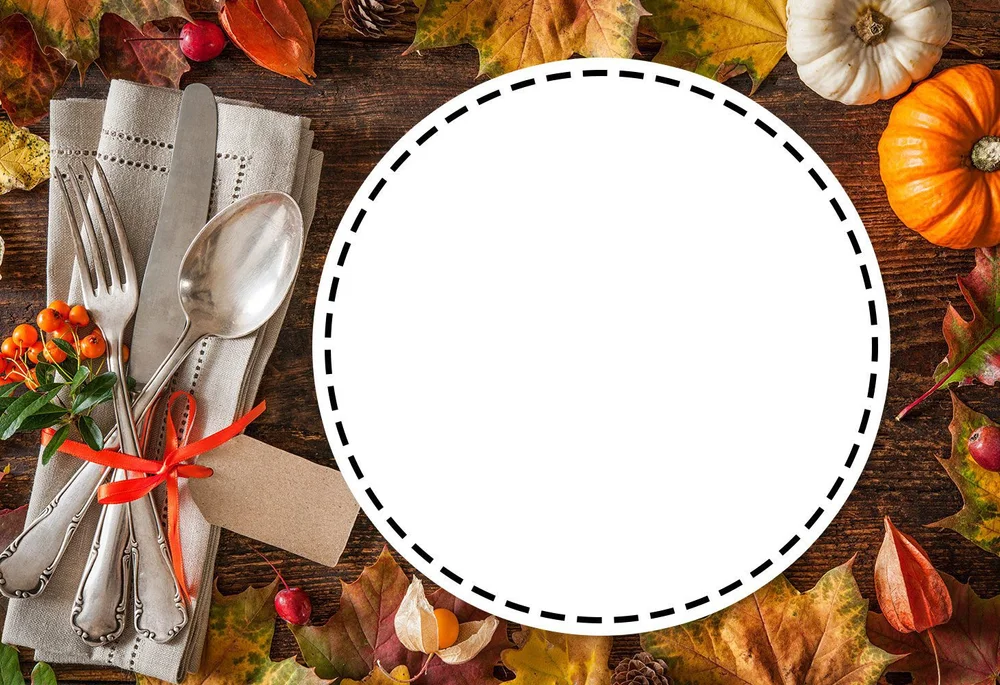From Heartbreak to Healing: Overcoming the Pain of Losing a Pet
Back in 2020, on “The Brain Warrior’s Way Podcast,” my husband, Dr. Daniel Amen, and I discussed a study that explored the connection between having a cat and increased happiness. Researchers found that typical interactions with a cat—including petting, training, and feeding—increase blood flow to the front of the brain, especially the medial inferior prefrontal cortex. Daniel calls this “the happy part of the brain.” Not surprisingly, findings from a 2023 edition of the American Psychiatric Association’s (APA) Healthy Minds Monthly Poll found that 86% of Americans believe their pets have a positive impact on their mental health.
So many of us love our pets as if they were our children. No matter what kind of mess they might make in the house or what funny quirks they have, we can’t help but feel better when they’re around. But what happens when a pet reaches the end of its life? Ask anyone who’s had a pet—their death can sting as much as losing any other member of the family.
At the same time, because it is a pet and not a human being, others around you—co-workers or friends, for example—may not understand or validate your grief, which can complicate your feelings even further. But it’s crucial to go through a grieving process for your pet, just like you would with any loss.
The Symptoms of Grief
When your pet dies, it’s natural to feel deep sorrow. The APA defines grief as “the anguish experienced after significant loss,” which can cause “physiological distress, separation anxiety, confusion, yearning, obsessive dwelling on the past, and apprehension about the future.” In addition, losing a pet may fall under the subcategory of disenfranchised grief, which refers to types of grief that may be overlooked or not treated as seriously as, for example, the death of a human loved one.
While everyone responds differently to grief, there are a variety of symptoms that commonly present themselves after loss. In serious cases, someone may experience depression or suicidal thoughts. Others may struggle with getting proper sleep or demonstrate the aftereffects associated with PTSD. And still others may notice changes in eating patterns, feelings of numbness or overwhelm, or intense emotions, such as sadness, anger, fear, or guilt.
The main point to remember is that these reactions are normal. They also don’t unfold in any linear fashion—they may come in waves, intensifying and then lessening over time. In other words, grief does not occur on a schedule. The classic 5 stages of grief (denial, anger, bargaining, depression, and acceptance) don’t necessarily happen in this exact order, and you could feel a mixture of them all at once.
It’s also worth noting that disenfranchised grief may feel more complicated. That’s because other people often don’t provide outer validation for your grief, while a lack of societally approved grieving rituals can prevent proper processing of the difficult emotions that are bound to arise. But that doesn’t mean you can’t take steps to cope with the loss of your pet. Just the opposite—these factors make it even more important to care for yourself in the wake of your loss.
5 Tips to Cope With The Loss of a Pet

While keeping in mind that the process is unique to each person and that we’re entitled to our grief, certain activities can help you work through this loss and cope in healthy ways. Here are some suggestions to get you started.
1. Acknowledge Your Emotions
Because others might not understand your feelings of loss when it comes to the death of a pet, it’s crucial for you to acknowledge and validate them for yourself. Therefore, take the time to face your emotions and to be gentle with yourself as you work through them. Don’t judge yourself for feeling sadness, anger, or loneliness. If it feels appropriate, you may choose to engage in typical rituals, such as a funeral or memorial service, to obtain some closure after your pet’s passing.
2. Channel Your Emotions Positively
An uplifting project can be just the thing that raises your spirits, helps you grieve, and gives you something constructive to do while you’re working through your emotions. For example, you can journal about your feelings or favorite memories with your pet. You can write a letter to your pet, saying goodbye and expressing your love and gratitude for the times you’ve shared. Or you may want to create an album or scrapbook with photos and other mementos of your deceased pet.
While it’s important to face your emotions, at other moments you may simply want to take your mind away from the grief. In these times, try channeling your energy into a creative pursuit, like making a poem, song, or painting. You may want to hop on a phone call with a loved one or make a gratitude list. You can spend quality time with friends and family in person to help boost oxytocin, the “cuddle hormone.” Or make an effort to give back in your community—a tactic that’s proven to boost your outlook in both the short term and long term.
3. Keep Moving
Pets like dogs usually get us outside and moving every day—that’s one of their many benefits. When possible, keep up those activity levels so you can still get the positive mood boosts associated with movement. Exercise and exposure to nature have been shown to restore the body, mind, and spirit. If you can’t get outside, try an indoors workout or even just dancing in your living room—these can be great for working through feelings like anger and frustration.
4. Maintain Your Basics
Don’t forget to take care of your physical body at this time. Grief can actually lead to physical effects, including fatigue, gastrointestinal issues, increased levels of cortisol (the stress hormone), and immune imbalances, to name a few. To ensure quality sleep and beat insomnia, try supplements such as melatonin (1 mg), vitamin B6 (10 mg), magnesium (100 mg), GABA (300 mg), 5-HTP (50 mg), and theanine (100 mg). Also make sure that you’re practicing the core tenets of good sleep hygiene so that your body has enough time to repair itself overnight.
In addition, eat a well-balanced diet that’s rich in fiber, healthy fats, lean protein, and nutritious herbs and spices to support your overall health. As tempting as it can be to eat junk food when you’re feeling down, the reality is that a poor diet is only going to depress your mood even further. Finally, stay hydrated with plenty of water.
5. Don’t Isolate
When grief strikes, many people are afraid or unmotivated to reach out for help. But remember that asking for help is a sign of strength, not weakness. Consider joining a grief support group, talking to a therapist or counselor, or calling a mental health hotline to discuss your feelings. Chances are, you’ll find that almost everyone has had a similar experience, and you’ll feel less alone. In serious cases of grief, you might want to seek out medical help. But, since grief can be misdiagnosed as various psychiatric conditions, before taking any medications or making other major changes, you might benefit from a brain SPECT scan. This will help in creating an effective customized treatment plan if needed.
Take Your Time Moving Through Grief
When it comes to coping with grief and loss, perhaps the best tip is to simply give yourself patience and time. We can’t speed up, predict, or opt out of the process, and that’s OK. Some days, you may find yourself exhausted; other days, you’ll be flooded with gratitude for the time you spent with your pet. Know that your feelings are normal, valid, and just part of being human. Practice self-compassion as you work through your grief and move forward on the path toward acceptance, hope, and healing.
- Screen Time and Brain Health: Setting Healthy Limits for Children - April 16, 2024
- Raising Brain-Healthy Kids: Tips for Parents to Support Cognitive Development - April 11, 2024
- Healing from Trauma: Empowering Stories of Resilience and Recovery - April 5, 2024



